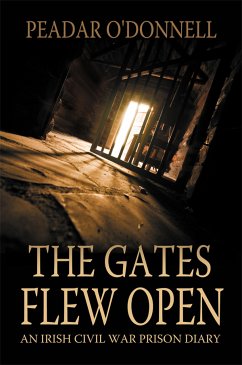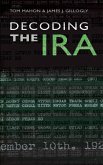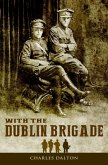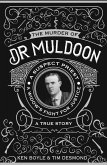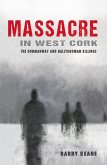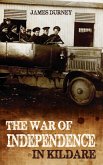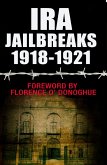He was firmly opposed to the treaty signed at the end of the war and wrote 'The middle class was getting all they wanted, namely the transfer of patronage from Dublin Castle to the Irish parliament. The mere control of patronage did not seem to me sufficient reason for the struggle we had been through.' He was a member of the executive of the anti-treaty IRA, and was in the Four Courts when it was attacked by the Free State forces. He was arrested shortly afterwards and was involved in organising a hunger strike among the anti-treaty Republicans which lasted 41 days. It was while in prison that he began writing 'to escape the bare walls of the prison cell' and this is a story of prison life in the midst of Civil War in Ireland that combines glimpses of humour with moments of tragic poignancy as he describes games of handball and bridge with men who faced the firing squad withing twenty-four hours.
O'Donnell was one of the last survivors of the Independece struggle in Ireland, retaining his radicalism and idealism right up to his death in 1986 at the age of 93.
Dieser Download kann aus rechtlichen Gründen nur mit Rechnungsadresse in A, B, BG, CY, CZ, D, DK, EW, E, FIN, F, GR, H, IRL, I, LT, L, LR, M, NL, PL, P, R, S, SLO, SK ausgeliefert werden.

